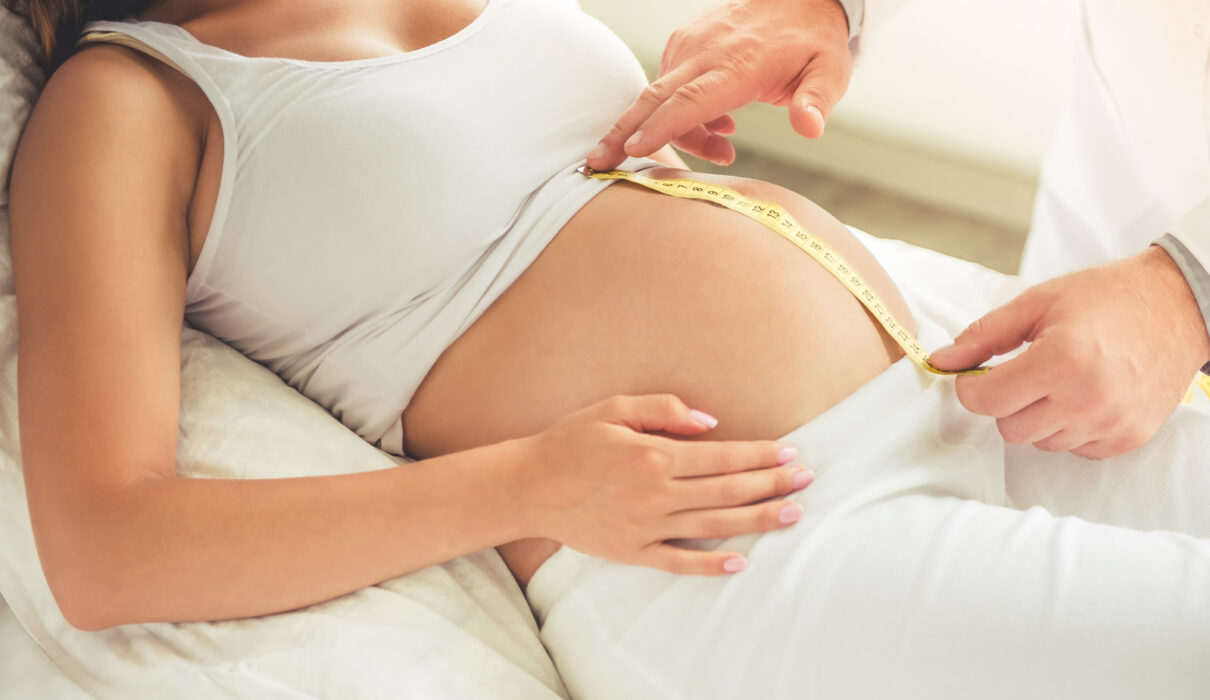Pregnancy is a transformative journey that brings joy, anticipation, and, at times, unexpected challenges. Haemorrhoids, often a common discomfort during pregnancy, can be effectively treated with a combination of lifestyle changes, self-care measures, and, when necessary, medical interventions. This article aims to shed light on different haemorrhoids treatment options during pregnancy, the circumstances that warrant consultation with a colorectal surgeon, and the unique benefits of having a female surgeon.
Treating Haemorrhoids During Pregnancy
Thankfully, there are some very safe and effective ways of treating haemorrhoids during pregnancy.
Lifestyle Modifications:
- Dietary Changes: Increasing fibre intake through fruits, vegetables, and whole grains helps soften stools, making them easier to pass, helping to prevent constipation, and reducing the strain on haemorrhoids.
- Hydration: Adequate water intake is crucial for maintaining soft stools and preventing constipation, a common trigger for haemorrhoids.
- Regular Exercise: Engaging in moderate physical activity promotes healthy bowel movements and alleviates pressure on pelvic blood vessels.
Topical Treatments:
- Over-the-Counter Creams: Creams containing witch hazel or hydrocortisone can provide relief by reducing inflammation and soothing discomfort. However, it’s essential to consult with a healthcare provider before using any medication during pregnancy.
- Warm Baths: Soaking in a warm bath for 15-20 minutes can help alleviate the symptoms of haemorrhoids and provide temporary relief.
- Kegel Exercises: Strengthening pelvic floor muscles through Kegel exercises improves blood circulation in the pelvic region and can aid in preventing and treating haemorrhoids.
- Prescription Medications: In some cases, healthcare providers may prescribe medications safe for pregnancy to alleviate symptoms and promote healing.
When to Consult a Colorectal Surgeon
While many cases of haemorrhoids during pregnancy can be managed with lifestyle changes and over-the-counter treatments, there are instances where seeking the expertise of a colorectal surgeon becomes necessary (although it’s unlikely you will need haemorrhoids surgery):
- Persistent Symptoms: If haemorrhoids symptoms persist or worsen despite over-the-counter and general haemorrhoids treatments, consulting a colorectal surgeon is crucial for a thorough evaluation.
- Bleeding or Severe Pain: Persistent bleeding, intense pain, or the presence of a lump near the anus may indicate a more severe condition such as thrombosed haemorrhoids, requiring prompt medical attention.
- Thrombosed Haemorrhoids: Thrombosed haemorrhoids, characterised by blood clots within the hemorrhoidal veins, often necessitate intervention by a colorectal surgeon to alleviate pain and facilitate healing.
- Ineffectiveness of Home Remedies: If home remedies prove ineffective in managing symptoms, a colorectal surgeon can provide safe, personalised treatment options tailored to the severity of the condition.
Benefits of Having a Female Colorectal Surgeon for Your Haemorrhoids Treatment
Choosing a colorectal surgeon is a significant decision, and in some cases, having a female surgeon can offer unique advantages, especially during pregnancy:
- Empathy and Understanding: Many female surgeons, having experienced the physical and emotional aspects of pregnancy, may offer a heightened sense of empathy and understanding, making the patient feel more at ease.
- Cultural Sensitivity: In some cultures, patients may prefer female healthcare providers for cultural or religious reasons. Having access to a diverse range of surgeons ensures that patients can receive care in a manner that aligns with their cultural preferences.
- Effective Communication: Open communication between the patient and the surgeon is vital. Some individuals may find it easier to discuss intimate or sensitive matters with a female surgeon, fostering a more transparent doctor-patient relationship.
Addressing haemorrhoids during pregnancy involves a combination of self-care strategies, lifestyle modifications, and, when needed, consultation with a colorectal surgeon. While many cases can be managed through conservative measures, seeking timely medical attention is crucial in situations where haemorrhoids symptoms persist or become severe. Choosing a colorectal surgeon is a personal one and having access to a diverse range of healthcare providers, including female surgeons, ensures that you can receive the most comfortable, safe, and comprehensive haemorrhoids treatment tailored to your individual needs during this significant phase of your life.


